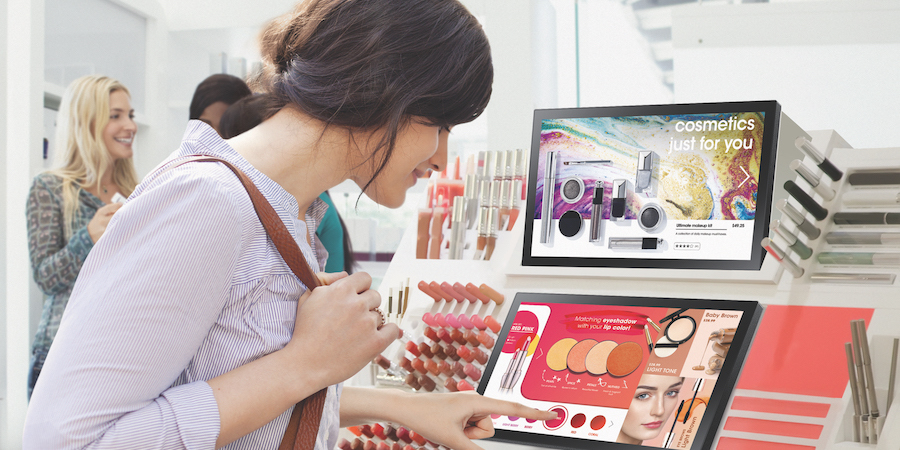The most sold retail technology products in the world are those that enhance the shopping experience, improve operational efficiency, and facilitate transactions. These products are in high demand across various retail sectors, including supermarkets, department stores, and specialty retailers. Here are some of the most popular retail technology products:
1. Point of Sale (POS) Systems
- Integrated POS Systems: Combining hardware and software to manage sales transactions, inventory, and customer data.
- Mobile POS Systems: Portable devices that allow sales to be made anywhere in the store, improving customer service and reducing checkout lines.
2. Self-Checkout Machines
- Self-service kiosks that enable customers to scan, bag, and pay for their purchases without cashier assistance, enhancing convenience and reducing labor costs.
3. Digital Signage
- Electronic displays used for advertising, information dissemination, and enhancing in-store aesthetics. These can be interactive and personalized based on customer data.
4. Customer Relationship Management (CRM) Systems
- Software platforms that help retailers manage interactions with current and potential customers, providing insights into customer behavior and preferences.
5. Inventory Management Systems
- Automated systems for tracking inventory levels, orders, sales, and deliveries. They help retailers maintain optimal stock levels and reduce carrying costs.
6. E-commerce Platforms
- Online systems that enable retailers to sell products over the internet, integrating with physical stores to provide an omnichannel shopping experience.
7. Payment Processing Solutions
- Technologies that facilitate secure payment transactions, including credit card processing, mobile payments (e.g., Apple Pay, Google Wallet), and contactless payment systems.
8. RFID Technology
- Radio-frequency identification systems used for tracking products throughout the supply chain, enhancing inventory accuracy and loss prevention.
9. Smart Shelving
- Shelves equipped with sensors that monitor inventory in real-time, alerting staff when stock is low or when items are misplaced.
10. Artificial Intelligence and Machine Learning Tools
- AI-driven applications for personalized marketing, customer service (e.g., chatbots), and predictive analytics to forecast demand and optimize pricing strategies.
11. Augmented Reality (AR) and Virtual Reality (VR)
- Technologies that enhance the shopping experience through virtual try-ons, immersive product demonstrations, and interactive store navigation.
12. Loyalty Programs and Digital Coupons
- Systems that manage customer loyalty schemes and deliver personalized offers and discounts through mobile apps and email campaigns.
13. Omnichannel Retail Solutions
- Integrated systems that provide a seamless shopping experience across online and offline channels, including click-and-collect services and unified customer accounts.
14. Security Systems
- Advanced surveillance cameras, electronic article surveillance (EAS) systems, and alarm systems to prevent theft and ensure store security.
15. Automated Checkout Systems
- Technologies like Amazon Go’s “Just Walk Out” system, where customers can pick items and leave the store without stopping to pay, with their accounts automatically charged.
These technologies are transforming the retail landscape by improving efficiency, enhancing customer experiences, and driving sales growth. Retailers continuously invest in these technologies to stay competitive and meet the evolving expectations of consumers.



